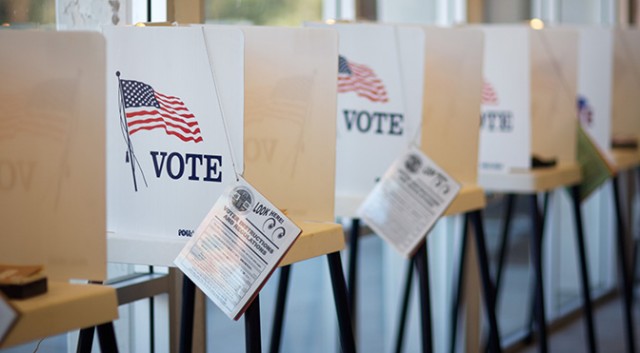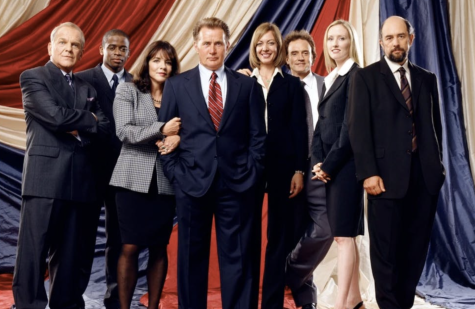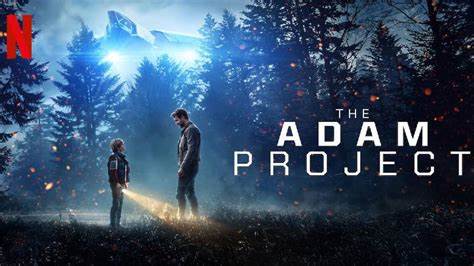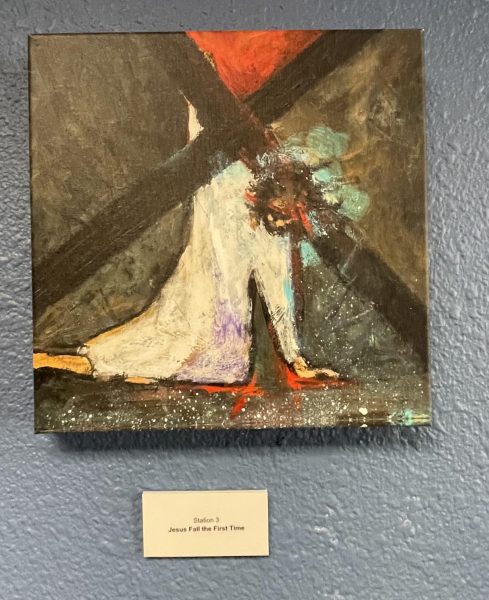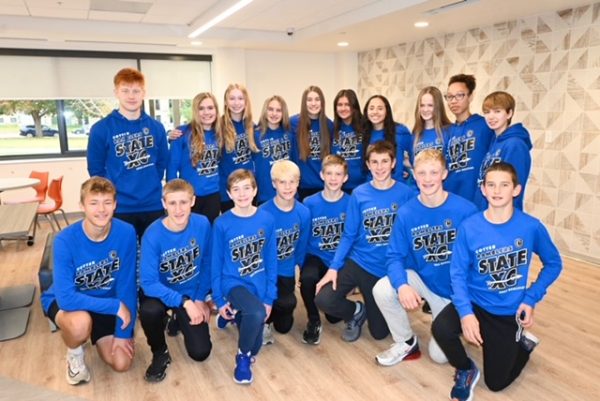It’s time to step up to the ballot box
Last Sunday, I joined the millions of American teens who have reached legal adulthood. Reaching my 18th birthday means that I will have to register for selective service and be ready for jury duty. I can open my own bank account and start building a credit rating. But, especially in this presidential election year, one of the biggest decisions the new adults of America will make is whether or not to vote.
Voting is a basic principle of our democratic society, yet, young people don’t seem to care too much about it. According to Ariel Edwards-Levy of the Washington Post, the youngest generation of eligible voters is not only the least likely to actually vote, but also the fastest declining group of voters. As a youth culture, we are concerned about issues ranging from minimum wage mandates to tax code changes to abortion laws. And yet we chose not to become involved in politics, reducing a potentially forceful voice to a barely audible murmur in the reports.
The new-voter generation likes to give reasons for not voting: none of the candidates are appealing, they don’t think their voice matters, or voting itself is too inconvenient. All of these “reasons” are simply deflections and half-hearted attempts at hiding the fact that voting requires an individual to make a bold and committed decision. And, as a generation, we don’t like to do that. We as a generation tend to shy away from binding decisions and permanent commitments, including everything from sporadic college major changes to choosing leasing over buying.
This is not to say that choosing a candidate is easy. The reality of public elections is that there is no perfect candidate. Some candidates might support the wrong viewpoints, others might not support the correct ones, and some may just have a poor personality. There is no perfect candidate, so why do we as a generation keep sitting around and expecting one? Voting implies making a choice, and like all other choices we must make, there are compromises. This is no reason to shy away from the voting booth; if you are old enough to buy a house and serve on a jury, you are old enough to decide on your preferred leader.
We also like to pretend that voting is pointless because our voices aren’t heard. Of course we aren’t heard, and it is because we aren’t voting! Candidates want to appeal to the widest variety of voters, not the widest variety of ages. The youngest generation of voters makes up just under a fifth of the American population but less than a twentieth of the actual voter turnout. Give candidates an incentive to appeal to the youth voters, and they will make a point to cover issues valued by the youth demographic. We cannot sit idly by waiting for candidates to pander to the youngest generation and offer us costly incentives with no guarantee of our support on election day.
Another easy deflection is that “only the educated and informed should vote”. Voting boils down to this: voters decide what they want most from their government and choose the candidate that most closely aligns themselves with those ideals. No citizen’s wants and needs are greater than any other’s; all citizens are entitled to an opinion on political and social issues. So, we should all have a pretty good idea of what we want. And as for learning about the positions of the different candidates in an election, we can all afford the small portion of time it takes to gain at least a basic understanding of differing platforms. Especially due to relentless media coverage and extensive internet articles, finding information on a candidate depends only on a willingness to do so.
We as Americans have been given the ability to choose how we want our country to work for us. By purposely waiving this right we weaken our democracy and lower our own ability to contribute as citizens. Its time that more of America stepped up to the plate and put their votes in the ballot box come November.


